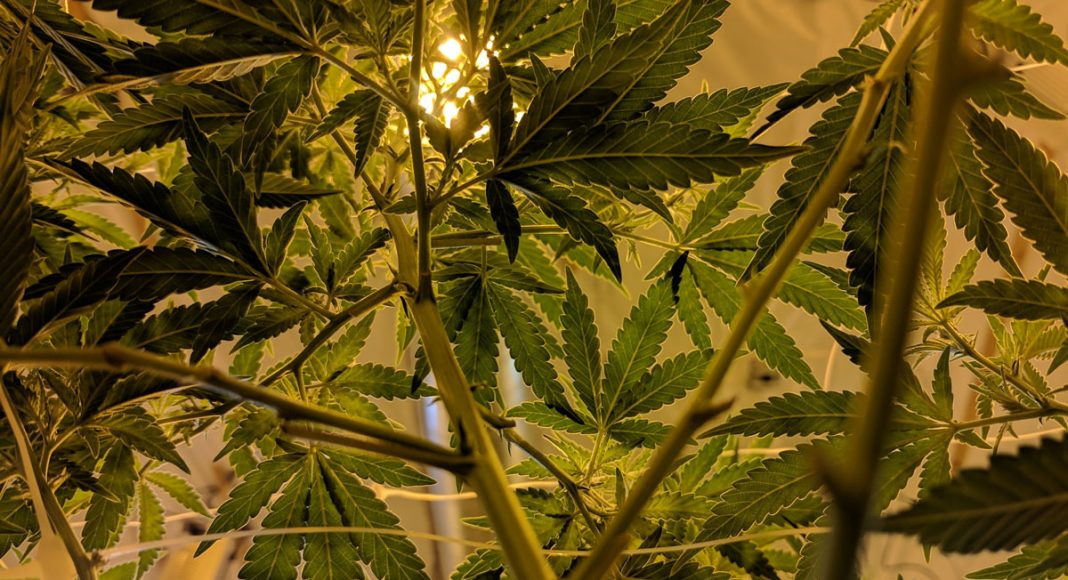In the long history of the War on Drugs, there have been a lot of skirmishes that boggle the mind. But one of the silliest, illogical battles finally has come to an end.
The Department of Enforcement Administration (DEA) and the Hemp Industries Association (HIA), reached a settlement after a nearly two-decade fight over hemp food products. The settlement, reached in late May and announced last week, prevents further illegal actions by the DEA to regulate hemp foods as Schedule I Drug.
At issue was a principle called the “Hemp Food Rules Challenge,” which first made headlines in 2oo4 when the HIA originally scored a victory over the DEA. In that ruling, the HIA, which represents nearly 1,000 hemp businesses, the Ninth Circuit Court of Appeals struck down a DEA rule that would have banned the human consumption of trace amounts of THC found in non-psychoactive industrial hemp. The 2004 ruling found that the DEA did not follow procedures to add non-psychoactive hemp to the list of Schedule I controlled substances. The court also ruled that Congress did not intend for hemp to be prohibited by the Controlled Substance Act.
-
Related Story: Mitch McConnell Is On Board With Descheduling Hemp
But despite the court ruling, the DEA continued flouting the law by misguiding federal and state agencies, suggesting that legal hemp seed and oil could not be shipped between states. The DEA went so far as to direct customs agents to seize and destroy hemp oil if it tested positive for THC. This clear violation led the HIA to file a contempt motion in the Ninth Circuit against the DEA for violating the Court’s 2004 injunction that barred the DEA from enforcing its invalidated rule.
The HIA and DEA entered into mediation to resolve the conflict. The DEA was ordered to issue a directive to federal agencies clarifying that the mere presence of cannabinoids does not render material a controlled substance.
“We are grateful to our counsel for successfully negotiating the necessary clarification in this matter,” said HIA President Joy Beckerman. “We will remain the first line of defense to ensure the undisrupted continuance of the hemp industries as we bring new economic opportunities to farmers and entrepreneurs, and also healthy U.S.-made food products to the American marketplace and eventually around the world.”


